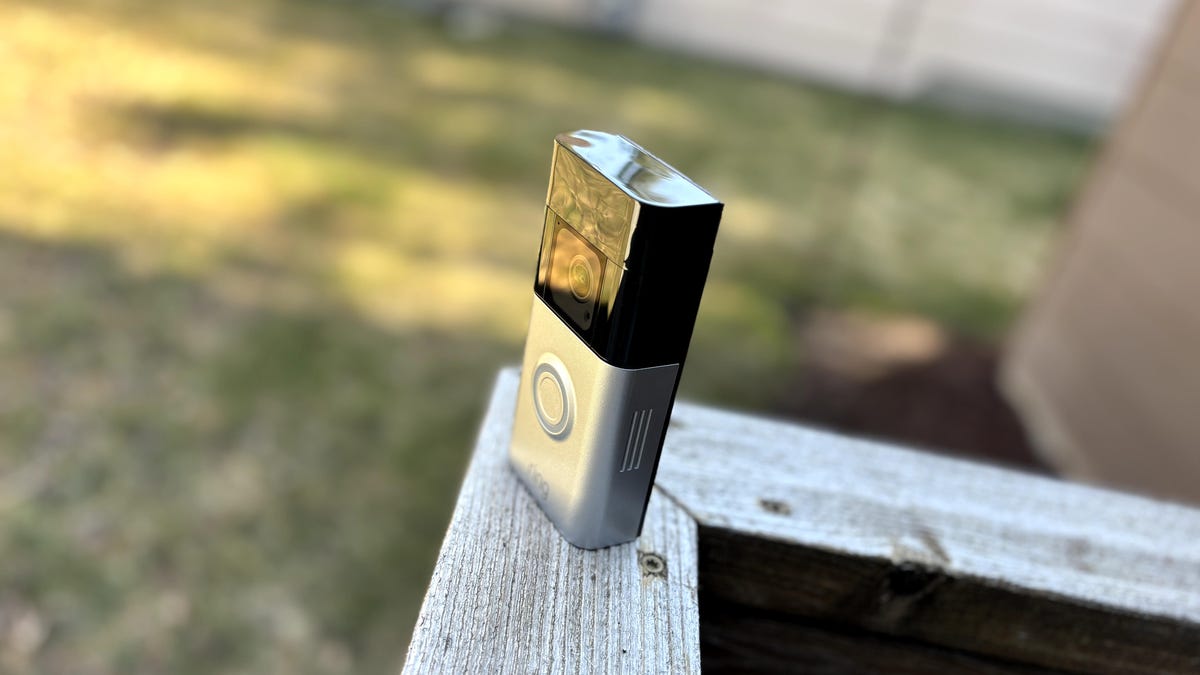As you may have heard, Apple isn’t having a very good time of it in the AI race at the moment. Considering the company’s vow never to directly train Apple Intelligence on iPhone users’ data, Apple’s options for catching up with less scrupulous rivals are limited.
Now, the company has revealed a new weapon in the battle to get the best iPhone handsets back on terms with the likes of Google Gemini and OpenAI’s ChatGPT.
In a new research paper, Apple has explained how it would use synthetic data samples and then measure them against real user data samples to determine with of the synthetic datasets are closed to the real thing.
Apple will only use this approach it’s calling “differential privacy” with samples from users who have opted into the data analytics program.
After the synthetic content, perhaps an email messaging inviting someone to play tennis tomorrow, is created, the process of testing the data can commence.
“Participating devices then select a small sample of recent user emails and compute their embeddings. Each device then decides which of the synthetic embeddings is closest to these samples,” Apple says.

“Using differential privacy, Apple can then learn the most-frequently selected synthetic embeddings across all devices, without learning which synthetic embedding was selected on any given device. These most-frequently selected synthetic embeddings can then be used to generate training or testing data, or we can run additional curation steps to further refine the dataset.”
Apple says that further curation could take place, which could help the company train models for better text outputs in something like email summaries, which still maintaining the privacy of users.
“These techniques allow Apple to understand overall trends, without learning information about any individual, like what prompts they use or the content of their emails,” Apple concluded.
Opinion
So Apple isn’t training AI on user data, but it kind of is in a roundabout way? It sort of passes the sniff test, I guess.
Apple is in a tight spot because it markets itself on a beacon of user privacy, when its AI rivals are playing fast and loose with the same subject.
Apple has to try and catch up somehow, but to blow its reputation as a privacy-first company in the process might do more harm than good. It is held to higher standards than literally any other tech company in the world.
This differential privacy scheme might be a healthy middle ground, but will it be good enough to help with any real progress?











